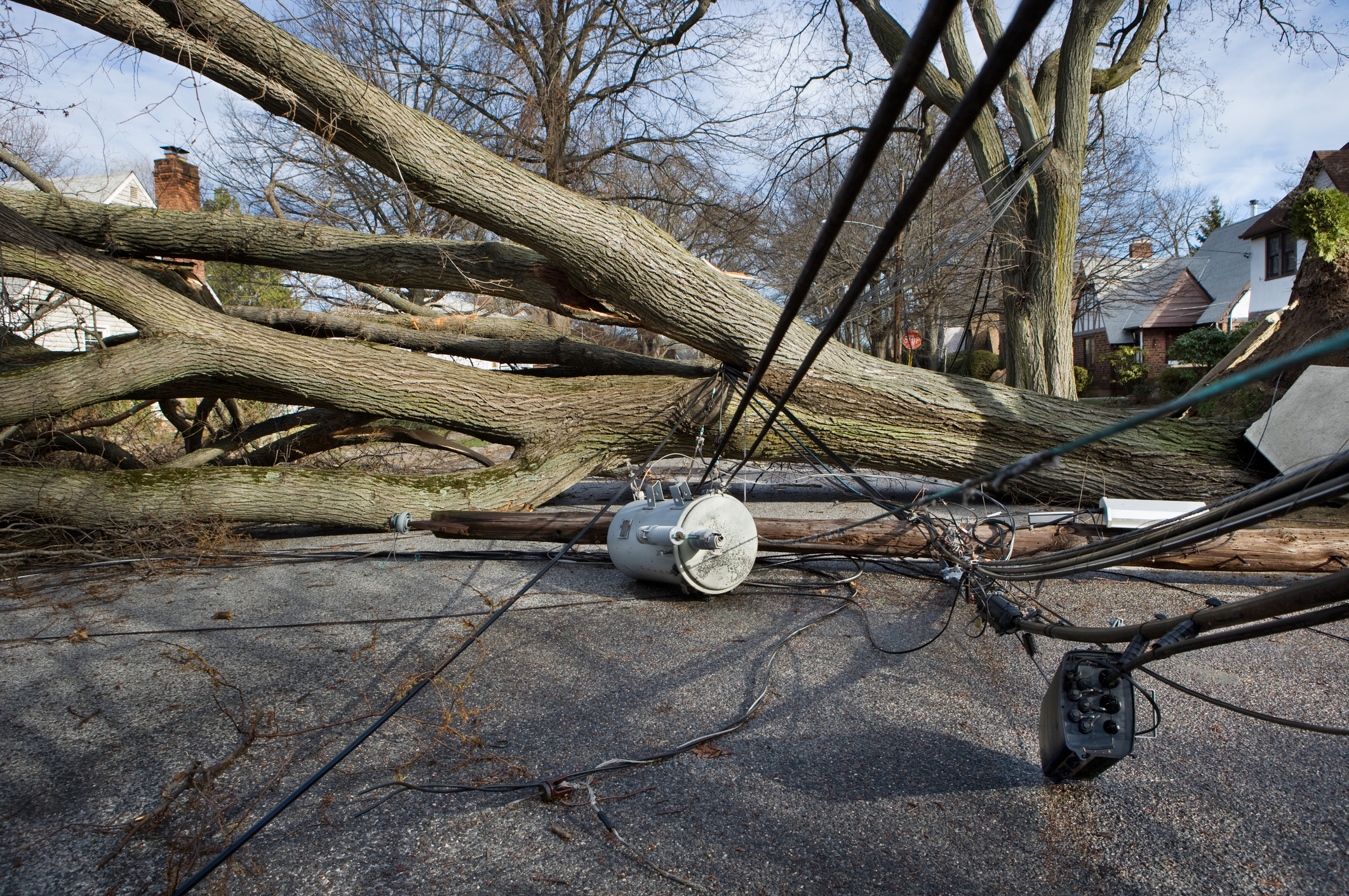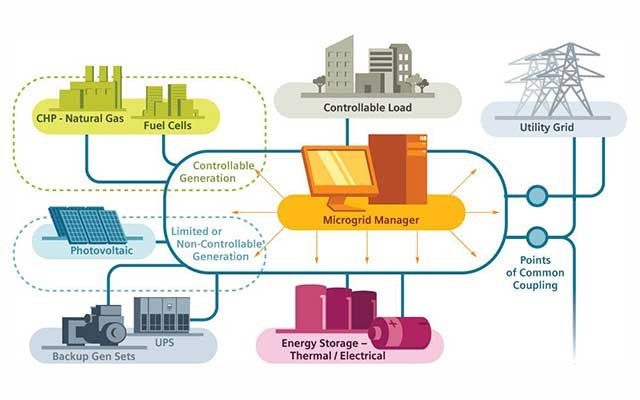
Storms happen. Accidents happen. Cyber or terror attacks can happen. When these events cause electric grid outages, public safety and economic security can be threatened.
Clean energy technologies, such as solar and storage, can help achieve energy resilience objectives while simultaneously advancing economic development and climate goals.
Recognizing this synergy, MassCEC supports cost-effective clean energy solutions to energy resilience challenges. We seek solutions that leverage state-of-the-art technology, mobilize third-party investment, surface new business and finance models, and help inform innovative energy resilience policies.
Check out our work in Energy Resilience!
Clean Energy and Resilience (CLEAR)
7e37.png?itok=NOw2Y6r7)
By advancing the design of energy resilience systems for critical facilities, such as hospitals and first-responder headquarters, the CLEAR program supported energy resilience investments in Massachusetts communities. The program also created an easy-to-use toolkit to help communities streamline the development of resiliency projects, as well as a resilience certification that can be used to gauge the resiliency status of critical infrastructure.
IIJA SECTION 40101(D): PREVENTING OUTAGES AND ENHANCING THE RESILIENCE OF THE ELECTRIC GRID
"Preventing Outages and Enhancing the Resilience of the Electric Grid” will provide $459 million annually over a period of five years to States and Indian Tribes to improve the resilience of the electric grid against disruptive events. Under the program, the DOE will provide grants to eligible applicants to improve the resilience of their electric grids. These grants offer a unique opportunity to advance the capabilities of States and Indian Tribes to address current and future resilience needs.
Community Microgrids
Microgrids are defined by the U.S. Department of Energy as a group of interconnected loads and distributed energy resources (DERs) that acts as a single, controllable entity and can connect and disconnect from the grid to operate in both grid-connected or “island” mode.

Microgrids have the ability to:
- Provide energy resilience for critical facilities during electrical grid outages
- Enable integration of renewable energy sources
- Support and modernize the local electricity distribution system
- Reduce greenhouse gas emissions
MassCEC supported feasibility studies of several multi-user microgrids through its Community Microgrids program.
This program built upon MassCEC’s 2014 Microgrids Report.
MassCEC also funded and contributed to the 2016 Boston Community Energy Study, which identified potential microgrid sites throughout the City of Boston.
resilient service (gas) stations challenge
Through a special round of its InnovateMass program, MassCEC supported a first-of-a-kind resilient service station with rooftop solar arrays, battery storage, and EV charging infrastructure.
Other Resources
The Massachusetts Department of Energy Resources (DOER) offers the following: